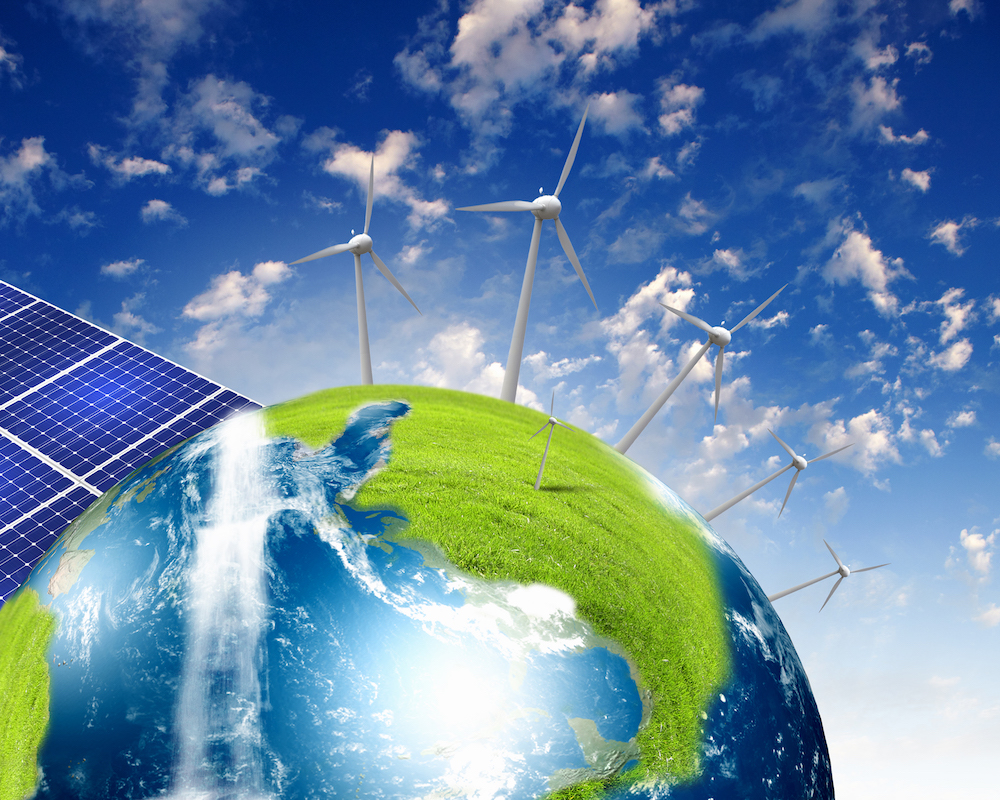Heat and efficiency in fuel cells
Hydrogen fuel cells can store and supply electricity, but are still developing as a technology. NTNU researchers are helping advance this approach to making the transition to environmentally friendly energy.
Energy from the sun or the wind is renewable, but the sun doesn’t always shine, and the wind doesn’t always blow. As society makes the transition away from fossil fuels to renewable sources, we also need to find better ways to store the electricity generated by renewable energy for the times when the sun has gone down, or it’s still.
NTNU researchers involved in a strategic research area called ENERSENSE are working on improving energy efficiencies in energy storage systems. PhD candidate Robert Bock is looking at polymer electrolyte membrane fuel cells, which use pure hydrogen to generate electricity. The hydrogen can be made by using electricity from renewable sources, which makes it climate friendly.
Bock is looking at what happens inside a hydrogen-powered fuel cell as it generates electricity. As oxygen combines with the hydrogen fuel, it generates electricity and creates water, but it also generates heat.
Bock and his colleagues are looking at how this heat can be transported out of the fuel cell. That’s important because the materials that are used to make the fuel cell can only withstand so much heat before they are destroyed. He’s also looking at the efficiencies in fuel cells based on his measurements of how much heat they produce.
Read more about his research at NTNU’s own TechZone blog.




